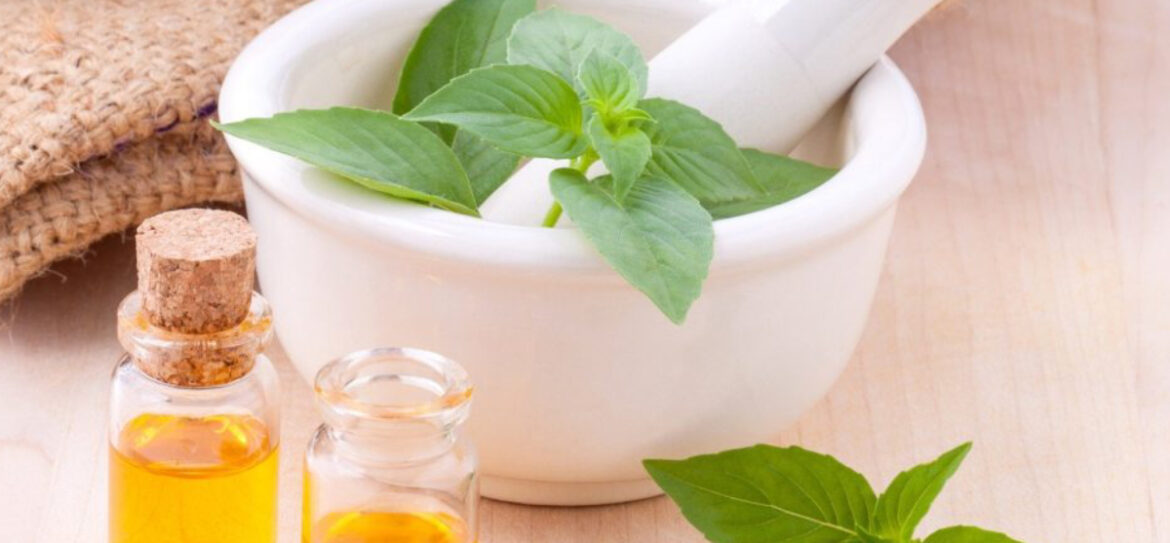Introduction to Aromatherapy – What is it?
In this introduction to aromatherapy, we will explore its origins and many applications. Aromatherapy is the art of using fragrant and medicinal plant oils for healing the mind, body, and emotions. One of the first applications of aromatherapy was to breathe in the smoke from burning, aromatic wood. In fact, the Latin word: per fumum literally means “through smoke”. Today, there are many modern ways to enjoy the benefits of aromatherapy without ever lighting a match.
Chemists press and distill plants to produce high-quality essential oils. Our sense of smell picks up their aromas and our bloodstream picks up their molecules through the skin.
Experts consider aromatherapy to be a combination of art and science. Recently, as technology has become more sensitive to measure the impact of therapeutic oils, aromatherapy has achieved more recognition in the field of medical and health sciences.
When was it Introduced as Therapeutic?
People around the world have been using aromatherapy for centuries. Egyptians, Chinese, Indians, as well as countless tribal communities, got their introduction to aromatherapy when they blended aromatic plant leaves, stems, flowers, and roots into oils, balms, and resins. Many civilizations used these solutions medicinally. They quickly learned that the solutions had both psychological and physical benefits.
The Persians began the distillation of essential oils in the 10th century. Germans also published documentation about the distillation process in the 16th century. Additionally, French physicians published their methods for using them to treat disease 3 centuries later. French and German doctors continued to recognize and learn about the benefits of botanicals in treating illness even in the 19th century as the shift in focus from natural ingredients to chemical treatments was becoming more popular.
How Can Scent Therapy Impact the Body?
There are approximately ten million cells for identifying scents within the body. Human’s ability to smell is one of their most primitive senses. What they smell can impact consciousness and health. Humans process scents neurologically, skipping past the blood-brain barrier. In most healthy people, smells alone can stimulate neurotransmitter production. When the brain receives neurotransmitters like serotonin, dopamine, and others it can bolster energy, the feeling of well-being, alertness, happiness, relaxation, reduced anxiety, and contentment. That’s why aromatherapists can use essential oils to treat stress, anxiety, insomnia, and other conditions. Some essential oils also eliminate germs, fungi, bacteria, and viruses while allowing beneficial friendly bacteria and flora to remain. A few essential oils even contain phytosterols which are a lot like hormones and should be used mindfully.
Mindfulness & Aromatherapy Introduction
The brain’s olfactory processing center is near to the amygdala, the area responsible for memory and emotion. As a result, people experience scent as strongly associated with those functions. There are also multiple studies that suggest smell can affect the nervous system too, for example, by calming the nervous system or increasing heart rate. Estelle Campenni, PsyD, a professor of psychology at Marywood University says, “when it comes to changing one’s mood, using scent makes sense — augmenting psychotherapy to facilitate a change in state could be effective.”
Feel Better Through Scent
Although aromatherapy and essential oils can have multiple health benefits, a simplified way to think about their application is to take notice that using scents that enhance your mood and make you feel better can help you to relax and feel positive. Many experts, including those at Mayo Clinic suggest lemon essential oil for mental fatigue and headaches. Some people also swear by Mandarin essential oil for improving anxiety, sleep, and nausea.
Aromatherapy can help promote certain feelings, such as restfulness, calmness, or even romance and sexuality. “ – Laura T, Business Owner
Absolutely. (Aromatherapy) can help you to feel calmer, less stressed and to deal with conflicting emotions, something that will bring you plenty of peace. It can be used to treat several problems, including insomnia.” – Philip H, Libertarian
Definitely, Aromatherapy is very useful when it comes to reducing stress or anxiety. Aromatic essential oils are used medicinally in aromatherapy to improve the health of the body, mind, and spirit.” – Swapna P, Engineering Student
There are quite a few (benefits from aromatherapy)! Almost too many to list, to be honest, since the positive effects can vary according to the oils used and the ways in which they are used.” – Julia W, Biology Major and certified Aromatherapist
Depending on the oil will depend on the benefit. As you breathe in the essential oil, the molecules enter the limbic system of the brain. This can be very beneficial for your emotions. It can be calming, create happiness, and promote peacefulness.” – Heather M, Dog Groomer and Essential Oil Educator
Using Aromatherapy Safely
High quality, commercial grade essential oils are perfectly safe when used properly. However, it’s good to keep in mind that they can be potent, and shouldn’t all be used in the same ways.
For example, diffuser oils have a completely different composition to the oil dilutions in skincare products, and, when applied directly to the skin could cause slight irritation. What’s more, some oils like citrus can make you more susceptible to sunburn, and cinnamon can cause inflammation when used incorrectly as well.
During your initial introduction to aromatherapy keep in mind that using the best quality essential oils, carrier oils, modality-appropriate dilutions, fragrances, and additives will ensure you have a safe and pleasurable experience.




